Mastering Formal Protocol & Proper Etiquette: Certification Course
Overview:
In today's business world, understanding the ins and outs of protocol and etiquette is a must, especially in the realm of public relations. The Protocol and Etiquette Training Course provides a comprehensive examination of best practices in etiquette, spikes protocol, client protocol, and diplomacy. Our public relations courses weave together PR theory and practical training to help professionals navigate office politics and organizational politics, emphasizing the role of a public relations officer and public relations manager. Understanding the PR landscape and acquiring these professional skills are crucial in fostering productive relationships and maintaining a positive business image.
Target Audience:
- Public Relations Officers
- Public Relations Managers
- Diplomats
- Client Relations Managers
- Business Managers
- Communication Officers
- Anyone interested in enhancing their PR and etiquette skills.
Targeted Organizational Departments:
- Public Relations Departments
- Client Relations Departments
- Human Resources
- Management teams
Targeted Industries:
- PR firms
- Hospitality industry
- Corporate businesses
- International diplomacy
- Politics
Course Offerings:
By the end of this course, participants will:
- Have a deep understanding of public relations definition and the role of a public relations manager and public relations officer
- Be able to navigate office politics and organizational politics effectively
- Master the etiquette, including email etiquette and business etiquette
- Learn about client protocol, spikes protocol, and protocol diplomacy
- Understand the importance of PR in politics
Training Methodology:
This professional training course uses a mix of methods to ensure a comprehensive learning experience. The course includes interactive sessions, case studies, group work, and individual exercises. Real-world scenarios are used to illustrate office politics, PR strategies, and proper business etiquette. Participants will also have opportunities to role-play as a public relations officer and public relations manager, addressing PR scenarios with diplomacy and client protocol.
Course Toolbox:
Participants will be provided with:
- Workbooks containing essential information on public relations, etiquette, and protocol
- A guide on office politics and organizational politics
- Templates for email etiquette
- Case studies highlighting effective public relations strategies
- Checklists for spikes protocol and client protocol
- Online resources for continuous learning
Course Agenda:
Day 1: Understanding Public Relations
- Topic 1: Introduction to Public Relations – Understand what is public relations
- Topic 2: Role of a Public Relations Manager and Public Relations Officer
- Topic 3: Importance of PR in Politics and Business
- Reflection & Review: Assess your understanding of public relations, the roles of PR manager and PR officer
Day 2: Navigating Organizational and Office Politics
- Topic 1: Understanding Organizational Politics
- Topic 2: Managing Office Politics - Strategies and Tools
- Topic 3: PR's Role in Organizational and Office Politics
- Reflection & Review: Discuss experiences with office politics, brainstorm strategies for effective management
Day 3: Mastering Etiquette
- Topic 1: Importance of Etiquette in Public Relations
- Topic 2: Business Etiquette – Dos and Don’ts
- Topic 3: Email Etiquette in a Professional Setting
- Reflection & Review: Role-play scenarios requiring business etiquette, reflect on the importance of proper email etiquette
Day 4: Understanding Protocol
- Topic 1: Introduction to Protocol – Spikes Protocol and Client Protocol
- Topic 2: Protocol in Diplomacy
- Topic 3: Role of Protocol in PR
- Reflection & Review: Discuss the importance of protocol in public relations, reflect on real-world examples of protocol in diplomacy
Day 5: Implementing What We’ve Learned
- Topic 1: Case Studies of Successful PR Strategies
- Topic 2: Role-Playing PR Scenarios
- Topic 3: Course Wrap-up: The Future of PR, Protocol, and Etiquette
- Reflection & Review: Reflect on what you've learned in this training course, discuss how you can implement these learnings in your current role
How This Course is Different from Other Protocol and Etiquette Training Courses:
Our course goes beyond traditional professional training courses. It links PR theory to practical real-world applications, providing a comprehensive understanding of the interplay between public relations, politics, etiquette, and protocol. The course uses innovative training methods to impart skills, making it a standout among public relations courses. Its in-depth coverage of office politics, organizational politics, and protocol diplomacy makes it a valuable resource for anyone aiming to improve their PR skills and knowledge.
credits: 5 credit per day
Course Mode: full-time
Provider: Agile Leaders Training Center
-
Events for this Course!!
-
Nairobi 2025-11-02
-
Istanbul 2025-11-03
-
Amman 2025-11-09
-
Cairo 2025-11-10
-
Amsterdam 2025-11-17
-
Kuala Lumpur 2025-11-17
-
Baku 2025-11-24
-
London 2025-12-01
-
Zanzibar 2025-12-07
-
Milan 2025-12-08
-
Tokyo 2025-12-15
-
Casablanca 2025-12-15
-
Madrid 2025-12-22
-
Phuket 2025-12-29
-
Paris 2025-12-30
-
Prague 2026-01-05
-
Dubai 2026-01-06
-
Vienna 2026-01-13
-
Cape town 2026-01-19
-
Istanbul 2026-01-20
-
London 2026-01-27
-
Barcelona 2026-01-27
-
Madrid 2026-02-03
-
Bali 2026-02-09
-
Amsterdam 2026-02-17
-
Jakarta 2026-02-23
-
Athens 2026-02-23
-
Manama 2026-03-02
-
Casablanca 2026-03-03
-
Accra 2026-03-09
-
Sharm El-Sheikh 2026-03-10
-
Al Jubail 2026-03-16
-
Bangkok 2026-03-16
-
Dubai 2026-03-24
-
San Diego 2026-03-31
-
London 2026-04-07
-
Baku 2026-04-07
-
Cairo 2026-04-14
-
Amman 2026-04-20
-
Kuala Lumpur 2026-04-28
-
Amsterdam 2026-04-28
-
Tokyo 2026-05-05
-
Milan 2026-05-12
-
Istanbul 2026-05-12
-
Barcelona 2026-05-19
-
Sharm El-Sheikh 2026-05-19
-
Johannesburg 2026-05-25
-
Langkawi 2026-06-01
-
Athens 2026-06-08
-
Paris 2026-06-09
-
London 2026-06-16
-
Rome 2026-06-16
-
Madrid 2026-06-23
-
Dubai 2026-06-23
-
Tbilisi 2026-06-30
-
Montreux 2026-07-06
-
Manama 2026-07-13
-
Kuwait 2026-07-13
-
Milan 2026-07-21
-
Istanbul 2026-07-21
-
Barcelona 2026-07-28
-
Doha 2026-08-03
-
Munich 2026-08-11
-
Rome 2026-08-11
-
Vienna 2026-08-18
-
Cairo 2026-08-18
-
Amsterdam 2026-08-25
-
Tokyo 2026-09-01
-
Kuala Lumpur 2026-09-01
-
Zoom 2026-09-08
-
Casablanca 2026-09-15
-
Milan 2026-09-15
-
Trabzon 2026-09-21
-
Paris 2026-09-29
-
Madrid 2026-09-29
-
Dubai 2026-10-06
-
Rome 2026-10-06
-
Manama 2026-10-12
-
Barcelona 2026-10-13
-
Muscat 2026-10-19
-
Geneva 2026-10-19
-
Chicago 2026-10-26
Upcoming Events
📅 Showing events from Week 44, 2025 to Week 43, 2026
| Image | Location | Dates | Duration | Mode | Price | Actions |
|---|---|---|---|---|---|---|
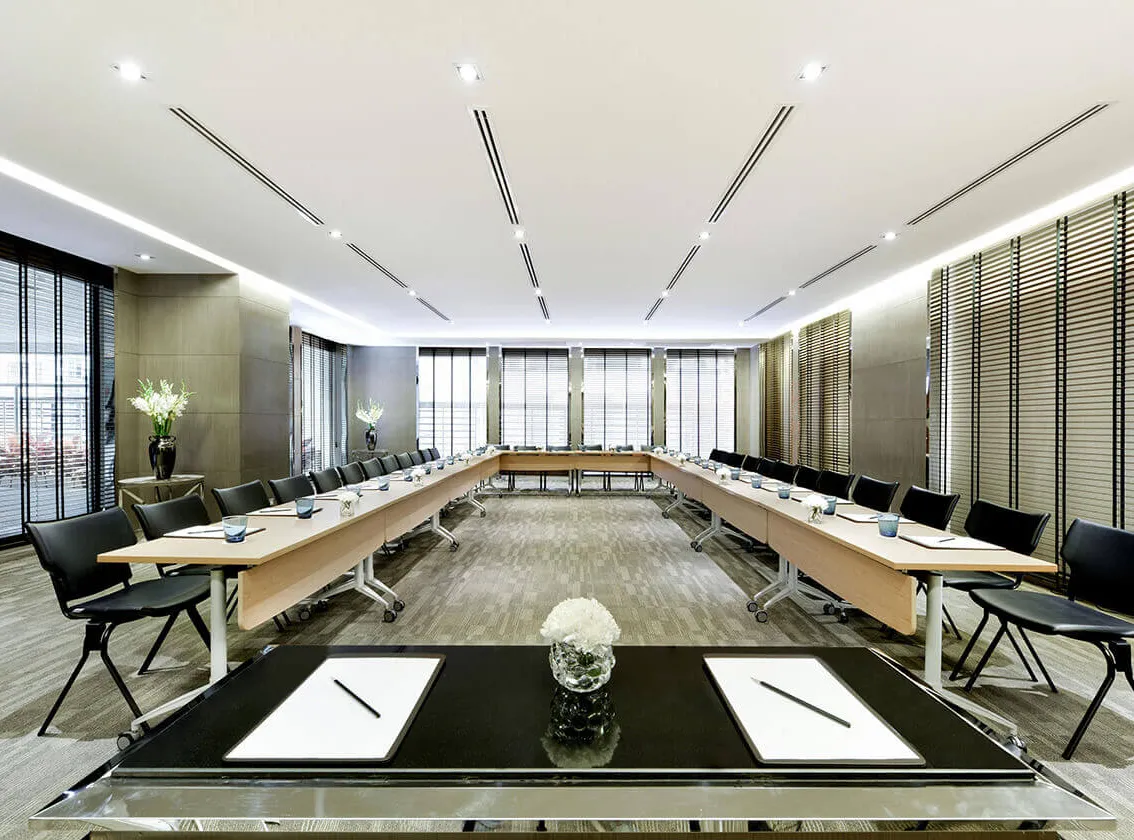
|
Nairobi |
Week 44, 2025 Nov 2, 2025 - Nov 6, 2025 |
5 Days | Onsite | €4,500 | |
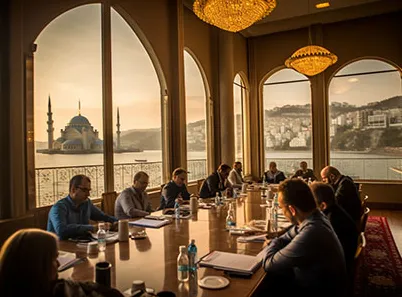
|
Istanbul |
Week 45, 2025 Nov 3, 2025 - Nov 7, 2025 |
5 Days | Onsite | €4,500 | |
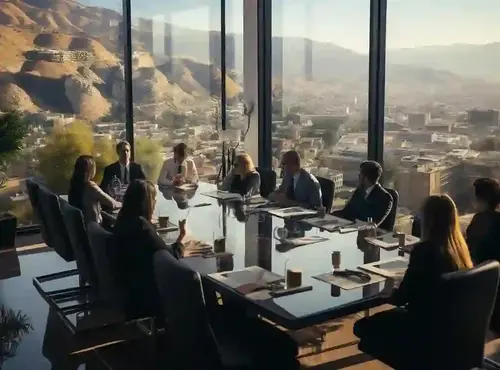
|
Amman |
Week 45, 2025 Nov 9, 2025 - Nov 13, 2025 |
5 Days | Onsite | €4,100 | |
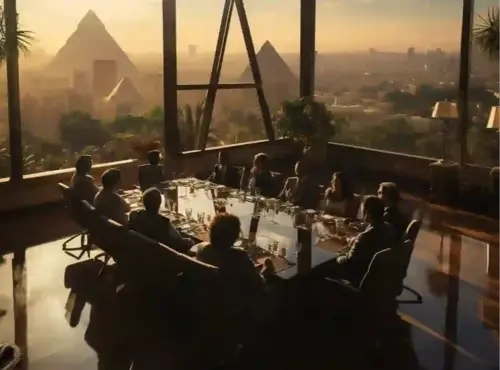
|
Cairo |
Week 46, 2025 Nov 10, 2025 - Nov 14, 2025 |
5 Days | Onsite | €4,100 | |
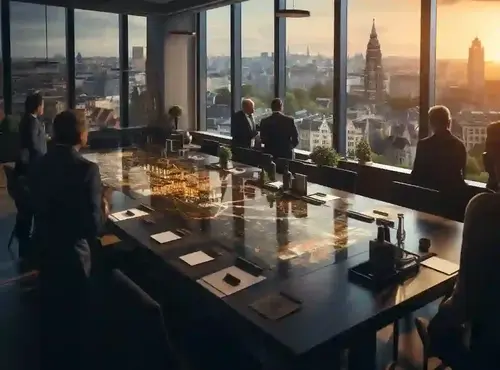
|
Amsterdam |
Week 47, 2025 Nov 17, 2025 - Nov 21, 2025 |
5 Days | Onsite | €5,700 | |
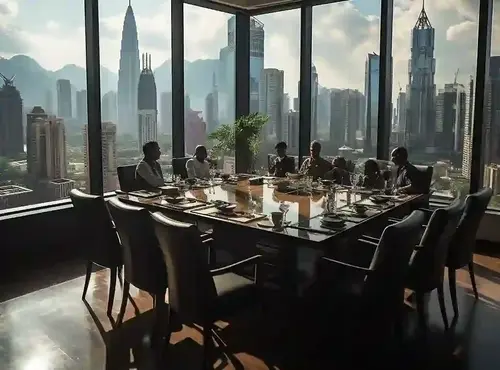
|
Kuala Lumpur |
Week 47, 2025 Nov 17, 2025 - Nov 21, 2025 |
5 Days | Onsite | €5,200 | |
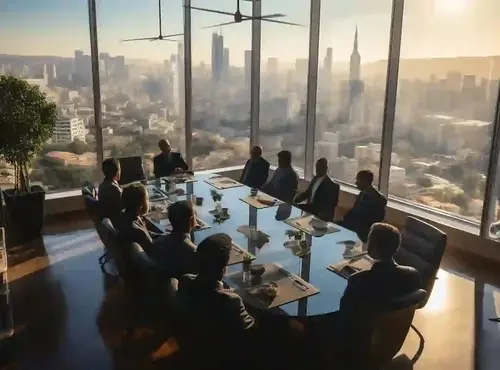
|
Baku |
Week 48, 2025 Nov 24, 2025 - Nov 28, 2025 |
5 Days | Onsite | €5,000 | |
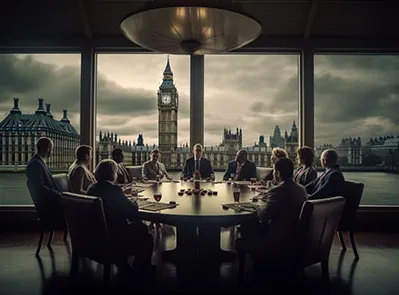
|
London |
Week 49, 2025 Dec 1, 2025 - Dec 5, 2025 |
5 Days | Onsite | €5,700 | |
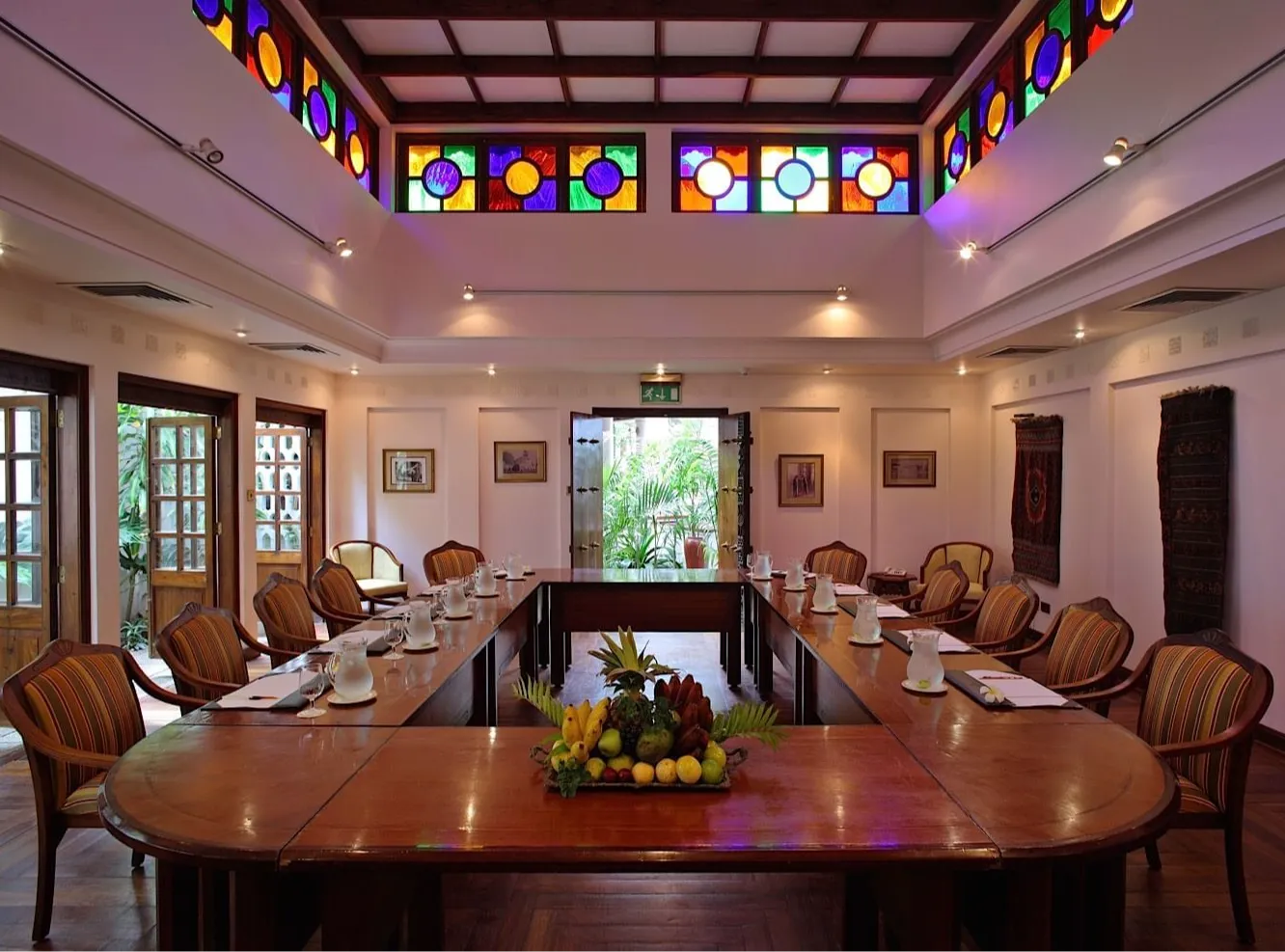
|
Zanzibar |
Week 49, 2025 Dec 7, 2025 - Dec 11, 2025 |
5 Days | Onsite | €5,500 | |
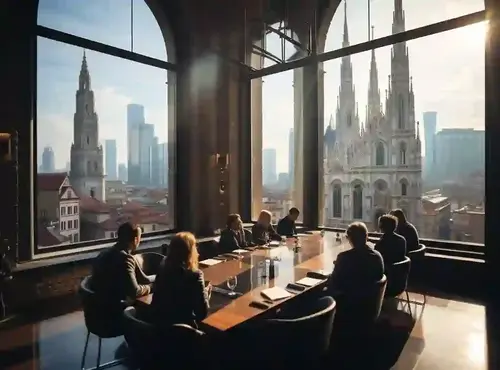
|
Milan |
Week 50, 2025 Dec 8, 2025 - Dec 12, 2025 |
5 Days | Onsite | €5,700 | |
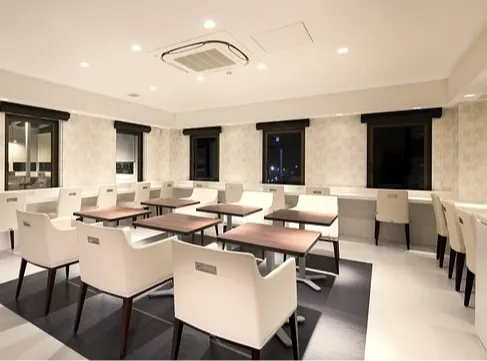
|
Tokyo |
Week 51, 2025 Dec 15, 2025 - Dec 19, 2025 |
5 Days | Onsite | €10,000 | |
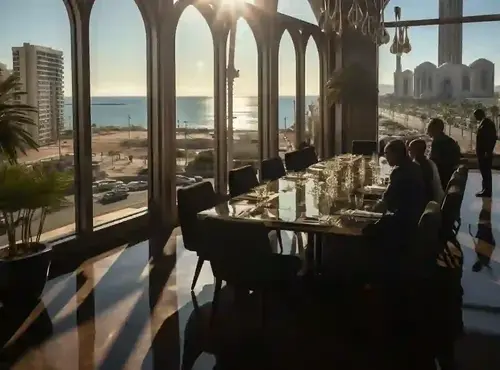
|
Casablanca |
Week 51, 2025 Dec 15, 2025 - Dec 19, 2025 |
5 Days | Onsite | €4,100 | |
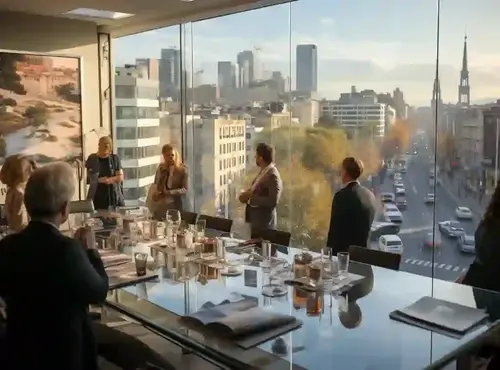
|
Madrid |
Week 52, 2025 Dec 22, 2025 - Dec 26, 2025 |
5 Days | Onsite | €5,700 | |
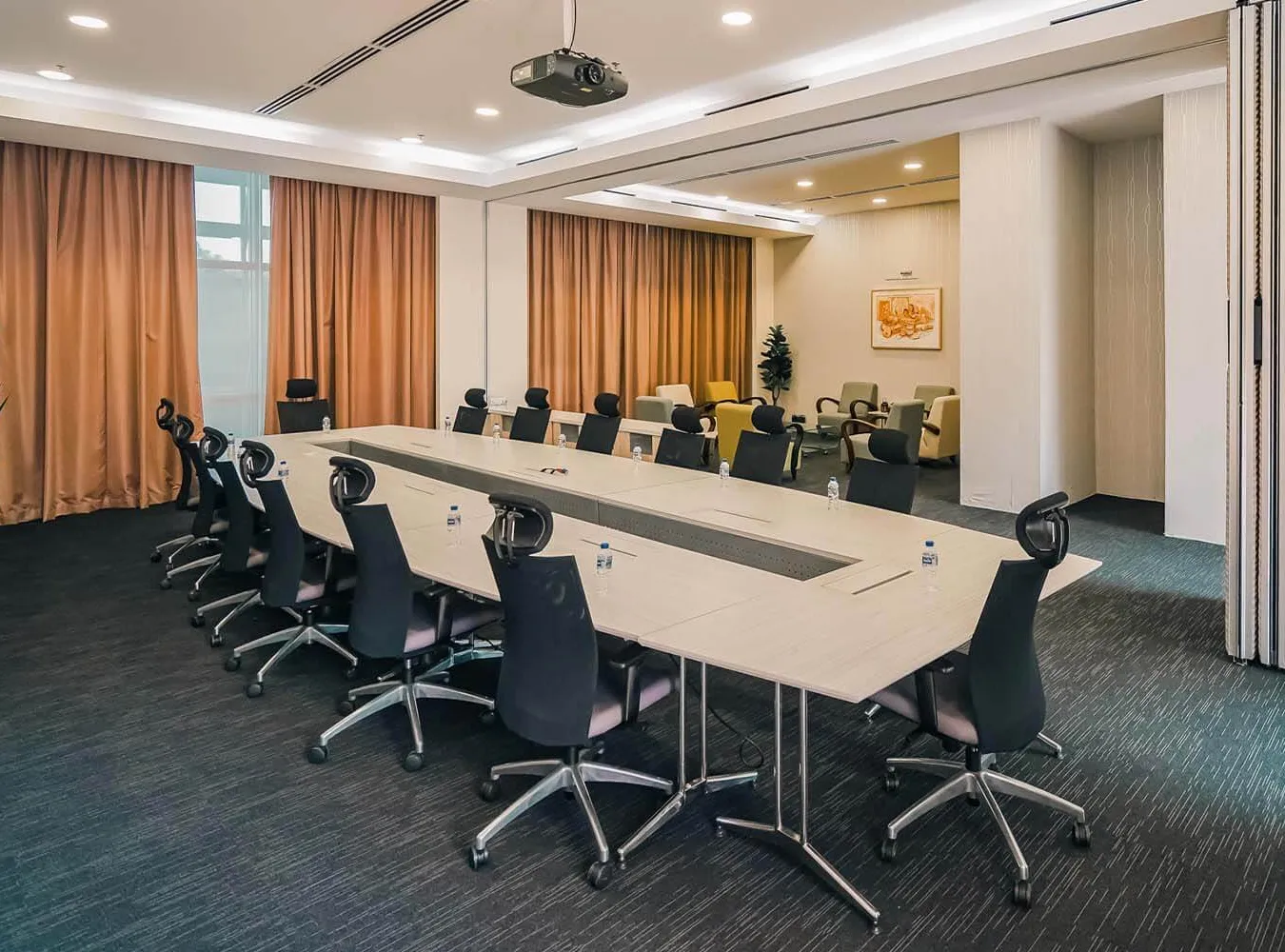
|
Phuket |
Week 01, 2025 Dec 29, 2025 - Jan 2, 2026 |
5 Days | Onsite | €6,000 | |
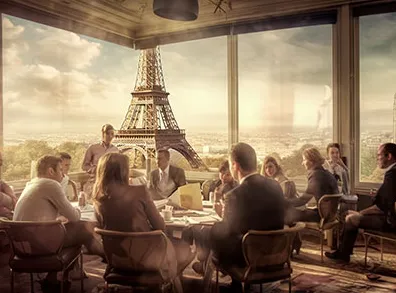
|
Paris |
Week 01, 2025 Dec 30, 2025 - Jan 3, 2026 |
5 Days | Onsite | €5,700 | |
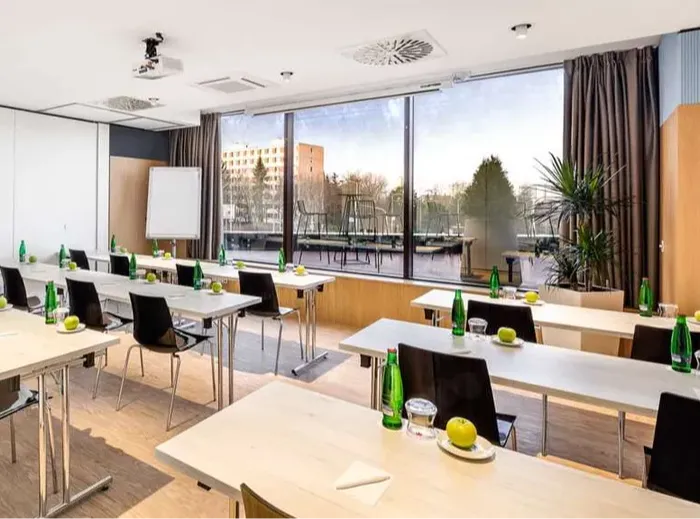
|
Prague |
Week 02, 2026 Jan 5, 2026 - Jan 9, 2026 |
5 Days | Onsite | €6,000 | |
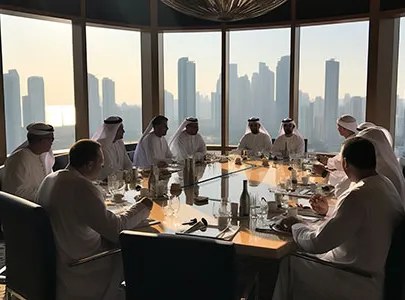
|
Dubai |
Week 02, 2026 Jan 6, 2026 - Jan 10, 2026 |
5 Days | Onsite | €4,500 | |

|
Vienna |
Week 03, 2026 Jan 13, 2026 - Jan 17, 2026 |
5 Days | Onsite | €5,700 | |
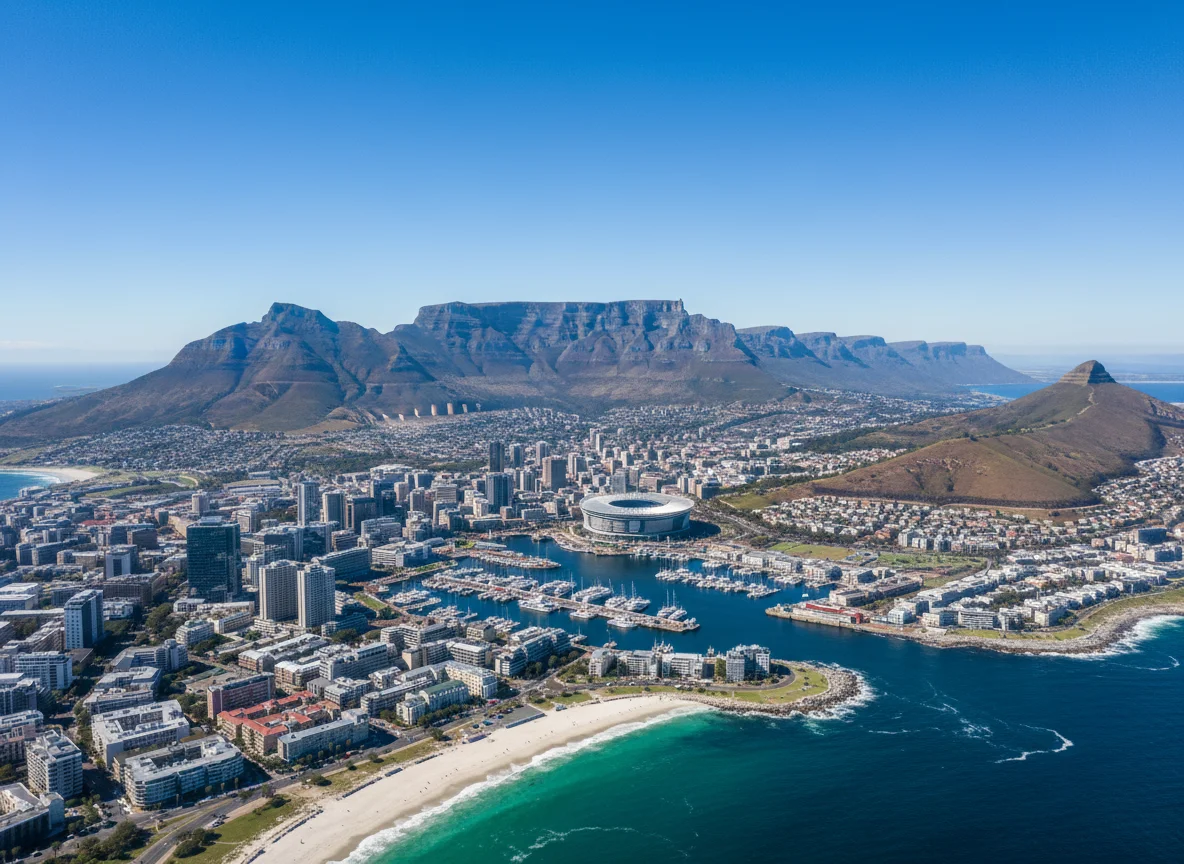
|
Cape town |
Week 04, 2026 Jan 19, 2026 - Jan 23, 2026 |
5 Days | Onsite | €6,000 | |

|
Istanbul |
Week 04, 2026 Jan 20, 2026 - Jan 24, 2026 |
5 Days | Onsite | €4,500 |
